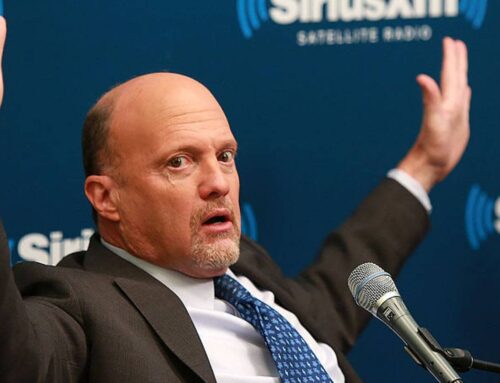Amazon Echo Show Ads Spark User Regret and Backlash
October 11, 2025
User Frustrations Mount
In the evolving world of smart home devices, Amazon’s Echo Show has long been marketed as a versatile hub for everything from video calls to recipe displays. But recent user feedback paints a troubling picture: many owners are expressing deep regret over their purchases, citing an onslaught of intrusive advertisements that have turned these devices into little more than digital billboards. Reports from online forums and social media highlight a growing chorus of complaints, with users describing full-screen ads that interrupt daily use and cannot be easily dismissed.
One Redditor, as detailed in a recent article by Ars Technica, vented frustration over “full-volume” ads for Amazon’s Alexa+ subscription service on their Echo Show, stating they were “about to just toss the whole thing and move back to Google.” This sentiment echoes broader dissatisfaction, where ads for unrelated products like diapers or streaming services pop up unbidden, often at inopportune moments. Amazon defends these as a way to help customers “discover new content and products,” but for many, it’s a betrayal of the device’s core promise as a seamless assistant.
The Shift in Advertising Strategy
The escalation in ads appears tied to Amazon’s broader push to monetize its hardware ecosystem. Industry observers note that the company has increasingly integrated advertising into its devices, a trend that gained momentum with the introduction of ad-supported tiers in services like Prime Video. According to The Verge, these full-screen promotions on Echo Show devices are making Alexa feel less like a helpful assistant and more like a persistent sales representative, with ads dominating the interface even when the device is idle.
This isn’t an isolated incident; similar complaints have surfaced about Amazon’s Fire TV lineup, where low initial prices lure buyers only to bombard them with ads later. A 2023 piece from Ars Technica highlighted how original equipment manufacturers are focusing on TVs as ad delivery platforms, a strategy Amazon has extended to its smart displays. Users report that attempts to disable these ads through settings are futile, as new promotions simply replace the old ones, leading some to return devices or switch to competitors like Google’s Nest Hub.
Broader Implications for Smart Home Tech
The backlash underscores a pivotal tension in the smart home market: balancing affordability with user experience. Amazon’s Echo Show, priced competitively, relies on subsidized hardware where ads offset costs, but this model is alienating loyal customers. Forums like Lemmy.ca and Reddit threads, as captured in various discussions, warn that migrating to Google won’t necessarily solve the issue, labeling it as trading “one corporate evil for another.” Indeed, a CNET review of the best smart displays in 2025 praises alternatives for cleaner interfaces, though even those aren’t immune to creeping commercialization.
For industry insiders, this development signals a potential tipping point. As ads proliferate across connected devices—from TVs to smart speakers—consumers may demand more transparent business models or regulatory scrutiny. Amazon’s own statements, reiterated in responses to media inquiries, emphasize that advertising is “a small part of the experience,” yet user testimonials suggest otherwise. One owner, quoted in DigitrendZ, described the Echo Show as an “unwelcome digital billboard,” prompting returns and negative reviews that could impact sales.
Looking Ahead to Consumer Backlash
The regret isn’t just anecdotal; it’s manifesting in tangible ways, with reports of increased return rates and declining satisfaction scores. A schizophrenia.com forum post, reflecting broader online sentiment, links to the Ars Technica coverage, amplifying stories of users feeling bombarded. This mirrors past controversies, such as Amazon bricking features on older Echo devices to push ads, as noted in an August 2024 Ars Technica article, where displays defaulted to ads after limited use.
As 2025 progresses, experts predict that if Amazon doesn’t recalibrate, it risks eroding trust in its ecosystem. Competitors are watching closely, potentially capitalizing on this discontent by offering ad-free premiums. For now, the Echo Show saga serves as a cautionary tale: in the quest for revenue, tech giants must tread carefully, lest they drive away the very users they aim to engage.
Search
RECENT PRESS RELEASES
Related Post




